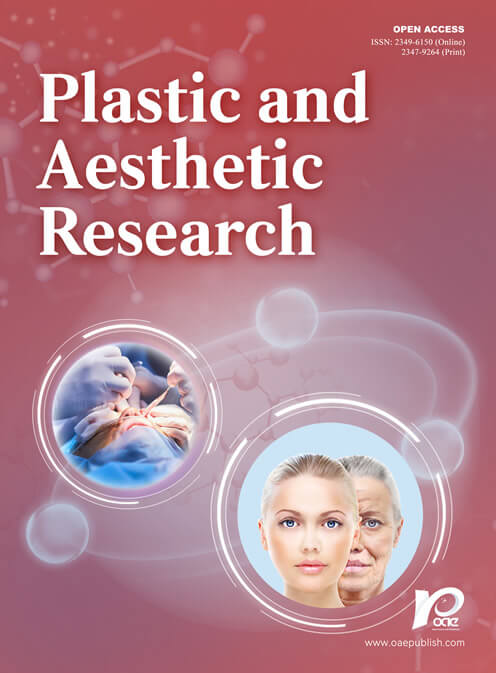REFERENCES
1. Serhan CN, Chiang N. Novel endogenous small molecules as the checkpoint controllers in inflammation and resolution: entre'e for resolemics. Rheum Dis Clin North Am 2004;30:69-95.
3. Winter GD. Formation of the scab and the rate of epithelization of superficial wounds in the skin of the young domestic pig. Nature 1962;193:293-4.
4. Harris C, Bates-Jensen B, Parslow N, Raizman R, Singh M, Ketchen R. Bates-Jensen wound assessment tool: pictorial guide validation project. J Wound Ostomy Continence Nurs 2010;37:253-9.
5. Shetty R, Sreekar H, Lamba S, Gupta AK. A novel and accurate technique of photographic wound measurement. Indian J PlastSurg 2012;45:425-9.
7. Robson MC. Wound infection. A failure of wound healing caused by an imbalance of bacteria. Surg Clin North Am 1997;77:637-50.
8. Rodeheaver GT. Pressure ulcer debridement and cleansing: a review of current literature. Ostomy Wound Manage 1999;45:80S-85S.
9. Feedar JA. Clinical management of chronic wounds. In: McCulloch JM, Kloth LC, Feedar JA, editors. Wound Healing: Alternatives in Management. 2nd ed. Philadelphia: FA Davis Co; 1995. pp. 137-85.
10. Hess CL, Howard MA, Attinger CE. A review of mechanical adjuncts in wound healing: Hydrotherapy, ultrasound, negative pressure therapy, hyperbaric oxygen, and electrostimulation. Ann Plast Surg 2003;51:210-8.
11. Simor AE, Lee M, Vearncombe M, Jones-Paul L, Barry C, Gomez M, Fish JS, Cartotto RC, Palmer R, Louie M. An outbreak due to multiresistant Acinetobacter baumannii in a burn unit: risk factors for acquisition and management. Infect Control Hosp Epidemiol 2002;23:261-7.
12. Berrouane YF, McNutt LA, Buschelman BJ, Rhomberg PR, Sanford MD, Hollis RJ, Pfaller MA, Herwaldt LA. Outbreak of severe Pseudomonas aeruginosa infections caused by a contaminated drain in a whirlpool bathtub. Clin Infect Dis 2000;31:1331-7.
13. Thomas GW, Rael LT, Bar-Or R, Shimonkevitz R, Mains CW, Slone DS, Craun ML, Bar-Or D. Mechanisms of delayed wound healing by commonly used antiseptics. J Trauma 2009;66:82-90.
15. Bergstrom N, Allman RM, Alvarez OM, Bennett MA, Carlson CE, Frantz RA, Garber SL, Jackson BS, Kaminski MV, Kemp MG, Krouskop TA, Lewis VL, Maklebust J, Margolis DJ, Marvel EM, Reger SI, Rodeheaver GT, Salcido R, Xakellis GC, Yarkony GM. Treatment of Pressure Ulcers: Clinical Practice Guideline No. 15. Rockville, Md: US Department of Health and Human Services, Public Health Service, Agency for Health Care Policy and Research; 1994. pp. 6-7, 47-53.
16. Haynes LJ, Brown MH, Handley BC. Comparison of Pulsavac and sterile whirlpool regarding the promotion of tissue granulation. Phys Ther 1994;74:S4.
17. Madden J, Edlich RF, Schauerhamer R, Prusak M, Borner J, Wangensteen OH. Application of principles of fluid dynamics to surgical wound irrigation. Current Topics in Surgical Research 1971;3:85-93.
18. Granick MS, Jacoby M, Noruthrun S, Datiashvili RO, Ganchi PA. Clinical and economic impact of hydrosurgical debridement on chronic wounds. Wounds 2006;18:35-9.








